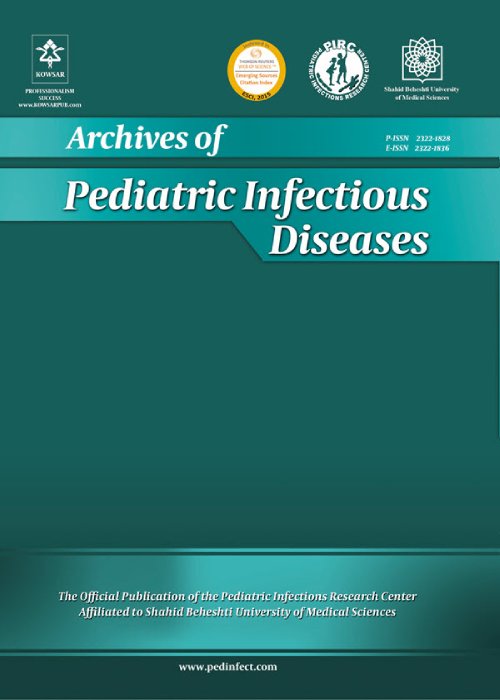Study of Obtaining Informed Consent in Pediatric Wards from the Viewpoint of Physicians and Children’s Parents
Obtaining informed consent for diagnostic and therapeutic procedures is of greatmoral and legal importance, which is more important in the field of pediatrics due to its specific issues.
Obtaining informed consent in the pediatric field is specific because of many factors, including the age of the patients and the necessity of obtaining consent from parents or legal guardians. This study aimed to evaluate the process of obtaining informed consent from the viewpoint of substitute decision-makers (parents or guardians) and physicians. Attention to the differences between the views of these two groups by establishing appropriate and correct communication skills between them can lead to greater satisfaction and increased effectiveness of treatments.
In this descriptive study, the data were collected through questionnaires completed by 188 parents and 23 physicians. Finally, the statistical analysis was conducted using the one-sample t test method in SPSS 16.
In 96.3% of the cases, parents believed that where the patient, their relatives, and the medical team disagreed about the kind of treatment, the final decision was made by the medical team. One-third of them did not receive enough information or received no information at all. Informing parents about other possible treatments, complications of the procedures, considering the patients and their relatives’ opinions for the final decision, informing the child about his/her disease and treatment plans, and informing the parents about the possible outcomes were not in the favorable range. Physicians believed that decision about the treatment was made based on the opinion of the parents and the clinical committee, and only in 3.4% of the cases, their opinion was the basis for decision-making.
The results showed that there was a gap between the parents and physicians’ opinions about informed consent, as the physicians believed that they act as the patients’ parents wish and the parents believed that their opinion played no important role in the final decision regarding the health of their children. Thus, it seems necessary to institutionalize the culture of participatory decision-making by physicians and parents in decisions related to the diagnosis and treatment of children, and more emphasis should be placed on establishing the right relationship between treatment staff and patients and their relatives.
- حق عضویت دریافتی صرف حمایت از نشریات عضو و نگهداری، تکمیل و توسعه مگیران میشود.
- پرداخت حق اشتراک و دانلود مقالات اجازه بازنشر آن در سایر رسانههای چاپی و دیجیتال را به کاربر نمیدهد.


